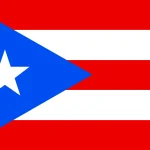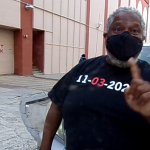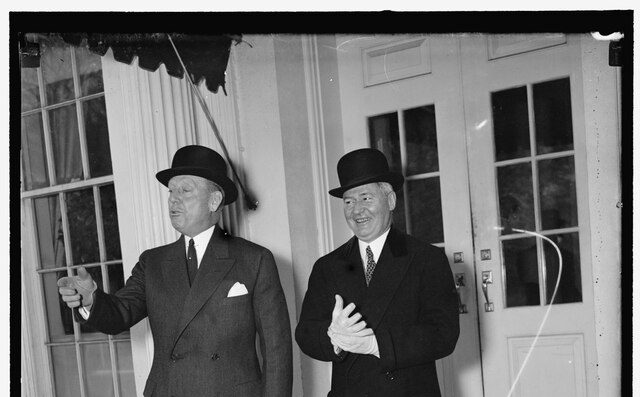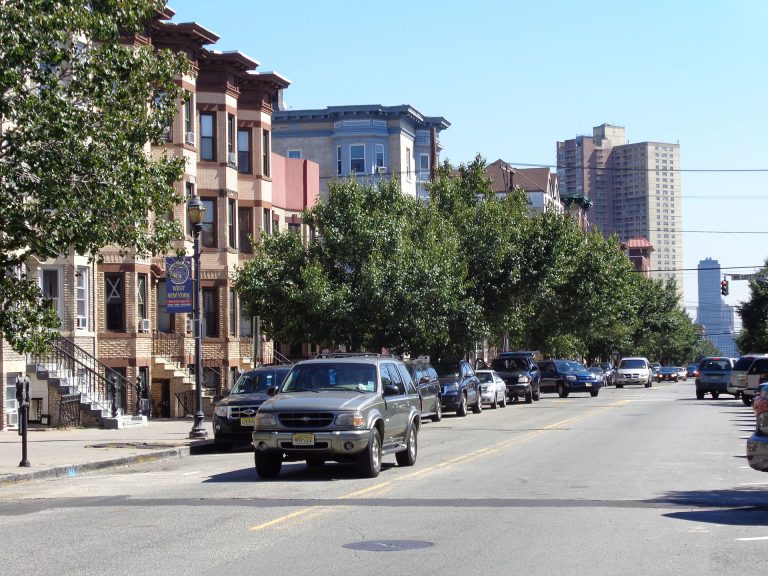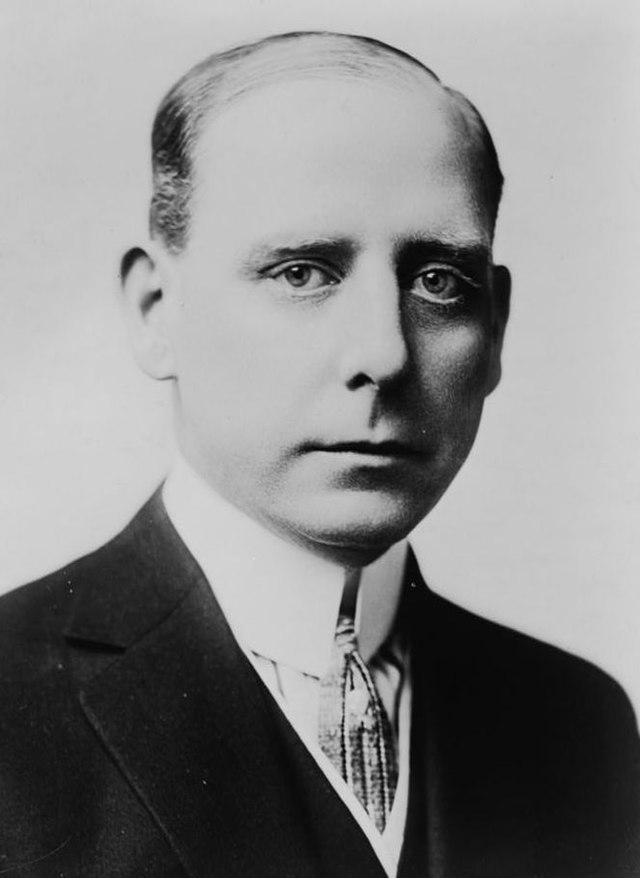In the shadow of Warren G. Harding’s historic landslide victory in 1920, the Hudson County Sheriff election became a dramatic theater for Frank Hague’s political genius and ruthlessness. While Democrats across the nation succumbed to a Republican wave fueled by post-World War I fatigue and economic unease, Hague’s ironclad grip over Jersey City and Hudson County faced its greatest test.
For Frank Hague, the stakes of the sheriff’s race were monumental. The sheriff controlled the grand juries—a key component of the Hague Machine’s ability to suppress dissent and maintain control. The Democratic candidate for sheriff, Thomas “Skidder” Madigan, was an unpolished Horseshoe ward loyalist, known for his illiteracy and his campaign slogan: “He was good to his mother.” By any conventional measure, Madigan was a liability. But Hague, a master of using loyalty over competence, made it clear that Madigan’s victory was non-negotiable.
As Election Day approached, the national Democratic Party was crumbling under the weight of a divided platform and an unpopular administration. With little hope of delivering Hudson County for presidential candidate James Cox, Hague turned his political machine inward. The directive was clear: save Madigan at all costs.
Hague’s organization mobilized with military precision. His network of ward bosses, district leaders, and precinct captains worked around the clock, cajoling and coercing voters to the polls. In some cases, they resorted to outright voter intimidation, ballot stuffing, and exploiting Hudson County’s infamous “graveyard vote,” where the names of the dead filled the rolls. The machine leveraged its deep ties to local saloons and community organizations, ensuring that voters aligned with Madigan or faced repercussions.
Election Day in Hudson County was chaotic, marked by reports of fistfights at polling stations and the strategic disappearance of opposition ballots. Despite the Republican wave sweeping across New Jersey, Madigan emerged victorious in the sheriff’s race. His win was an outlier in a night of devastating Democratic losses nationwide. While the legitimacy of the result was dubious at best—Madigan’s majority was widely acknowledged as “100 percent stolen”—the victory underscored Hague’s unassailable control over Hudson County.
The election was a masterclass in political survival. While most local Democratic candidates were sacrificed to the Republican tide, Hague’s relentless focus on saving Madigan highlighted his understanding of the sheriff’s office’s strategic importance. By ensuring Madigan’s victory, Hague preserved his ability to control grand juries, shielding his machine from investigations and legal threats.
More than just a local contest, the 1920 sheriff election reflected the broader dynamics of Frank Hague’s rise to power. Born in Jersey City’s gritty Horseshoe district, Hague had grown from an incorrigible school dropout into a master political operator. His ascent was fueled by a combination of Irish Catholic solidarity, populist rhetoric, and a deep understanding of the power dynamics in urban politics. By 1920, Hague was no longer merely a local boss; he was a figure of statewide and even national significance, with aspirations to wield influence far beyond Hudson County.
Madigan’s victory also served as a warning to Hague’s opponents. The mayor’s willingness to abandon the rest of the Democratic ticket and focus all resources on a single race demonstrated his ruthlessness and his unparalleled ability to prioritize. Those who underestimated Hague’s resolve learned that opposition often came at a high price. For decades, Hague’s combination of loyalty, fear, and efficiency would keep challengers at bay.
The 1920 election was a pivotal chapter in Hague’s consolidation of power. Over the next decade, he would use the sheriff’s office and other key institutions to expand his influence, eventually becoming the undisputed ruler of Jersey City and a kingmaker in New Jersey politics. While the national Democratic Party languished, Hague transformed Hudson County into a fortress of Democratic dominance, defying trends and building a machine that would endure for decades.
For all the controversy surrounding Hague’s methods, his ability to preserve and expand his power in the face of overwhelming odds remains a defining example of urban political machinery in American history. The 1920 sheriff election was not merely a local contest—it was a declaration that Frank Hague and his machine would not be swept aside, even in the face of a national Republican tsunami.




